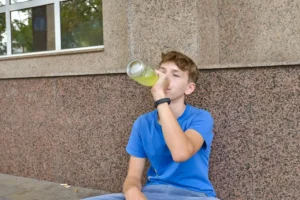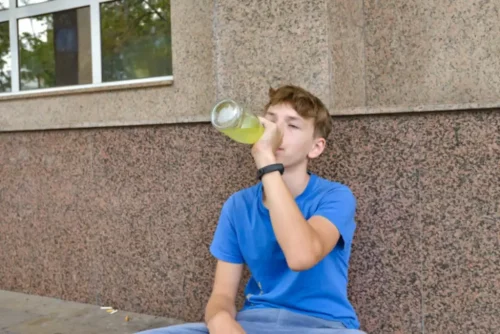
Sobriety can be a hard path to begin, but The Recovery Village can help you find your way to a healthier, alcohol-free future. Contact us today to learn more about alcohol addiction treatment programs that can work well for your needs. We surveyed 2,136 American adults who either wanted to stop drinking alcohol or had already tried to quit (successfully or not).

These milestones are hugely important and knowing that they will come is hugely reassuring to people in recovery. We’ve tried, tested, and written unbiased reviews of the best online therapy programs including Talkspace, Betterhelp, and Regain. Withdrawal is different for everyone; there really is no “normal” and it can be hard to predict an alcohol withdrawal individual person’s experience. Mild symptoms may appear similar to a hangover, but they last longer than 24 hours.

If you are thinking about quitting drinking, talk to your healthcare provider. Medical supervision, behavioral health treatment, and mutual-aid groups can help you through alcohol withdrawal and stay stopped. A rare but very serious syndrome called delirium tremens can occur during alcohol withdrawal. Also known as DTs, an estimated 2% of people with alcohol use disorder and less than 1% of the general population experience them. Medical detox services / acute treatment services (ATS) are not intended to be a long-term solution to drug or alcohol abuse or addiction. Unfortunately, despite the need for rest and healing, people experiencing withdrawal often struggle to fall asleep or to stay asleep.

According to the National Institute on Alcohol Abuse and Alcoholism (NIAAA), alcohol is the most commonly used substance in the United States, with over 75% of individuals aged 12 and older reporting lifetime consumption. Alcohol consumption spans a spectrum from low-risk to severe alcohol use disorder (AUD). Alcohol withdrawal syndrome poses a significant clinical challenge arising from the spectrum of AUD—a prevalent condition affecting a substantial portion of the United States population.
Many of the effects of drinking every day can be reversed through early intervention. While cirrhosis scars from excessive drinking are irreversible, quitting alcohol and leading a healthier lifestyle can help your liver heal from alcohol-related liver disease. Professional detox is a vital first step, but alone, it is not enough to change the dysfunctional behavior patterns that result in addiction and dependence. To control the outlook and shape their future, a person who’s finished their detox should invest plenty of time and energy into ongoing treatment for their addiction and co-occurring disorders. Once the initial symptoms of withdrawal have subsided, you may find that you have more energy than you did before you stopped drinking.